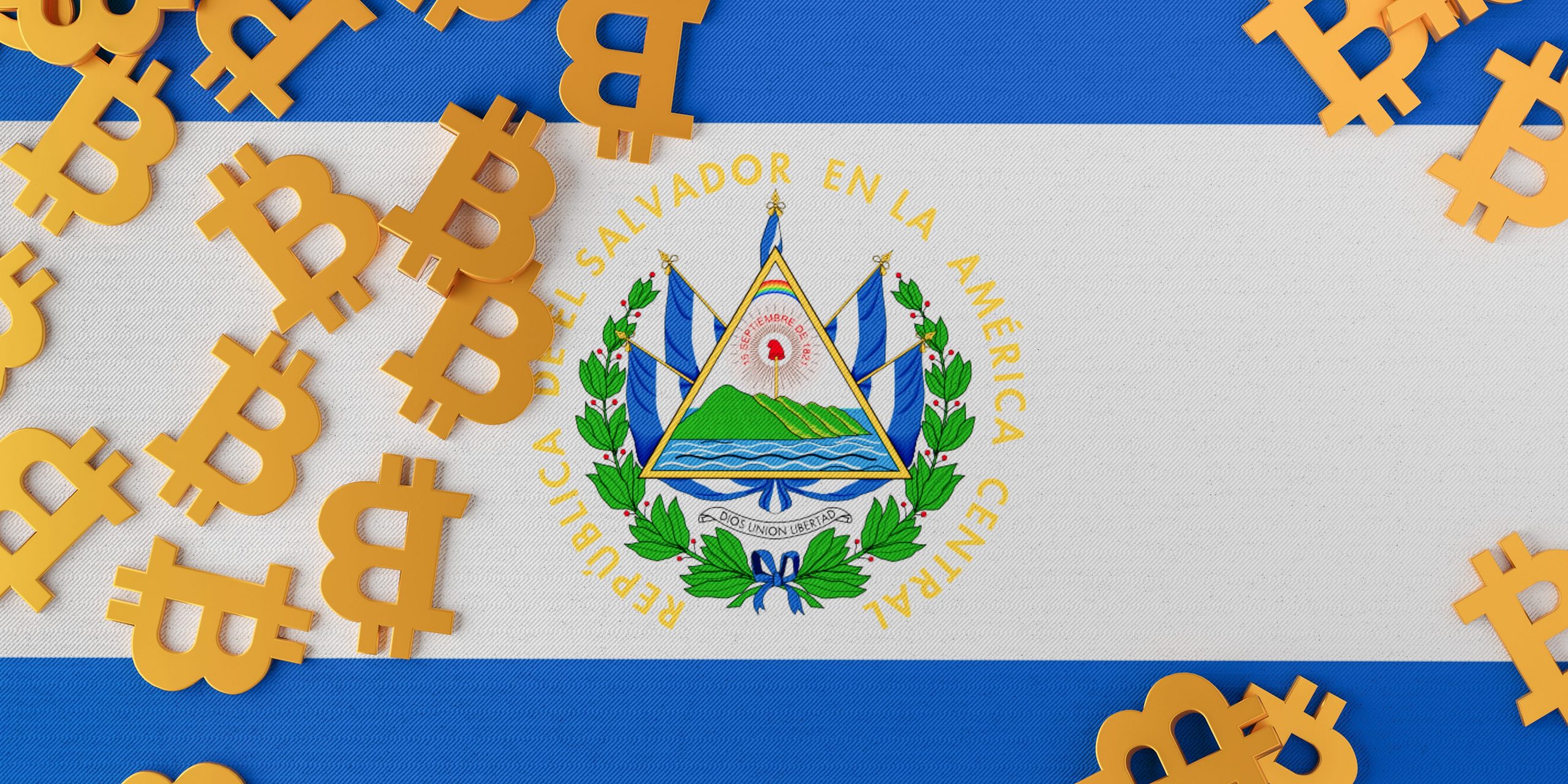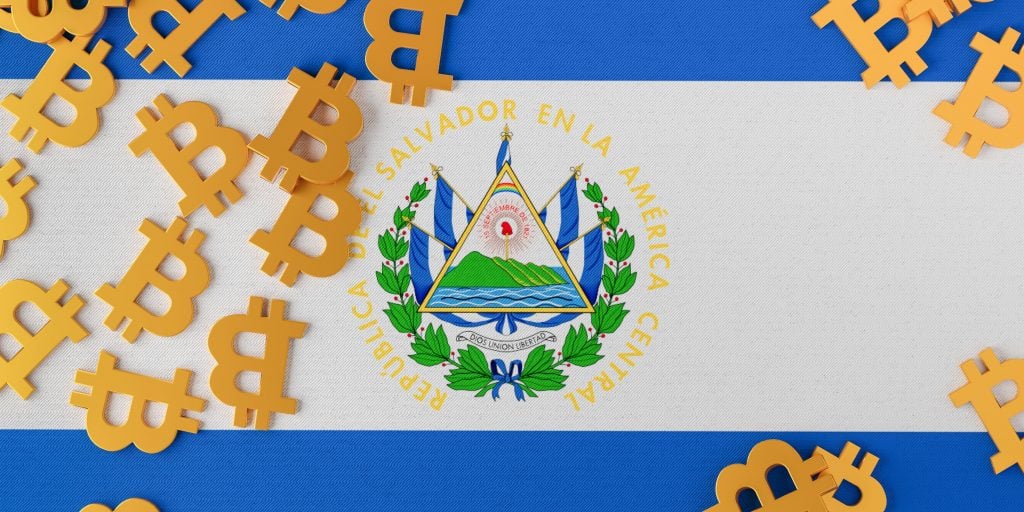
- The International Monetary Fund is urging El Salvador not to use bitcoin as a legal tender.
- The financial institution also called on stricter regulation for Chivo, El Salvador's official e-wallet.
- Bitcoin as legal tender "entails large risks for financial and market integrity, financial stability, and consumer protection," the IMF said.
- Sign up here for our daily newsletter, 10 Things Before the Opening Bell.
The International Monetary Fund is urging El Salvador not to use bitcoin as a legal tender, citing the large risks associated with world's biggest cryptocurrency.
The IMF released a report Tuesday detailing its stance on why the Central American nation should narrow the scope of Bitcoin Law, which was passed in June 2021 after being voted by a supermajority.
Bitcoin's use as legal tender "entails large risks for financial and market integrity, financial stability, and consumer protection," they said in the report. "It also can create contingent liabilities."
The IMF directors also called on stricter regulation for Chivo, El Salvador's official e-wallet, and expressed concern over the risks associated with issuing bitcoin-backed bonds.
While they commended the nation for "rebounding quickly" amid a pandemic, which has helped limit the economic and human toll on El Salvadorans, the directors pointed to the country's fiscal vulnerabilities — stemming from the large public debt-to-GDP ratio — which, they said, have grown.
The institution also encouraged El Salvador to strengthen its anti-corruption and anti-money laundering and combating the financing of terrorism frameworks to be on par with global standards.
This isn't the first time the IMF raised alarm over El Salvador's bitcoin move. The financial institution in June 2021 said adopting bitcoin as an official tender "raises a number of macroeconomic, financial, and legal issues that require very careful analysis."
El Salvador in September 2021 officially adopted bitcoin as legal tender, making it the first country in the world to elevate the digital asset as equal to the US dollar, its other local currency. Since then, the nation, led by its crypto-loving president, Nayib Bukele, has bought more than 1,000 coins.
The landmark move propelled the 40-year-old Bukele to fame, especially among the crypto crowd, despite many critics questioning the move.
Rating agency Moody's is among the skeptics. In July last year, it downgraded the country's credit rating to CAA1, reflecting a very high risk of default on its debts. The rating agency cited a "challenging redemption schedule" and "a deterioration in the quality of policymaking," as reasons for the downgrade.
In response to the demotion, Bukele replied "DGAF" on Twitter. The letters are an acronym for "don't give a fuck."
Bitcoin has been pummeled recently, and is currently down 50% from its November peak of nearly $69,000. The asset however was up 8% in the last 24 hours to $36,455, after hitting a six-month low below $33,000 on Monday.

